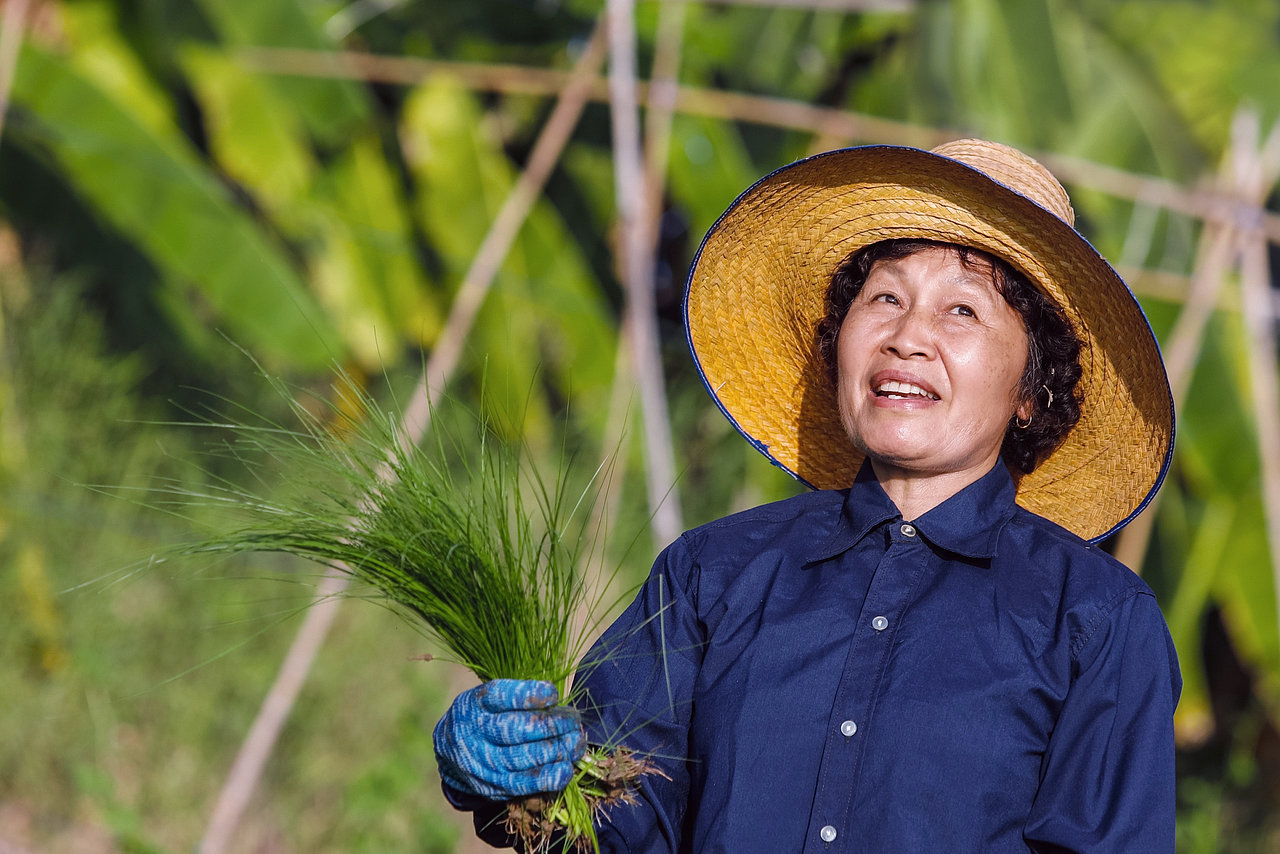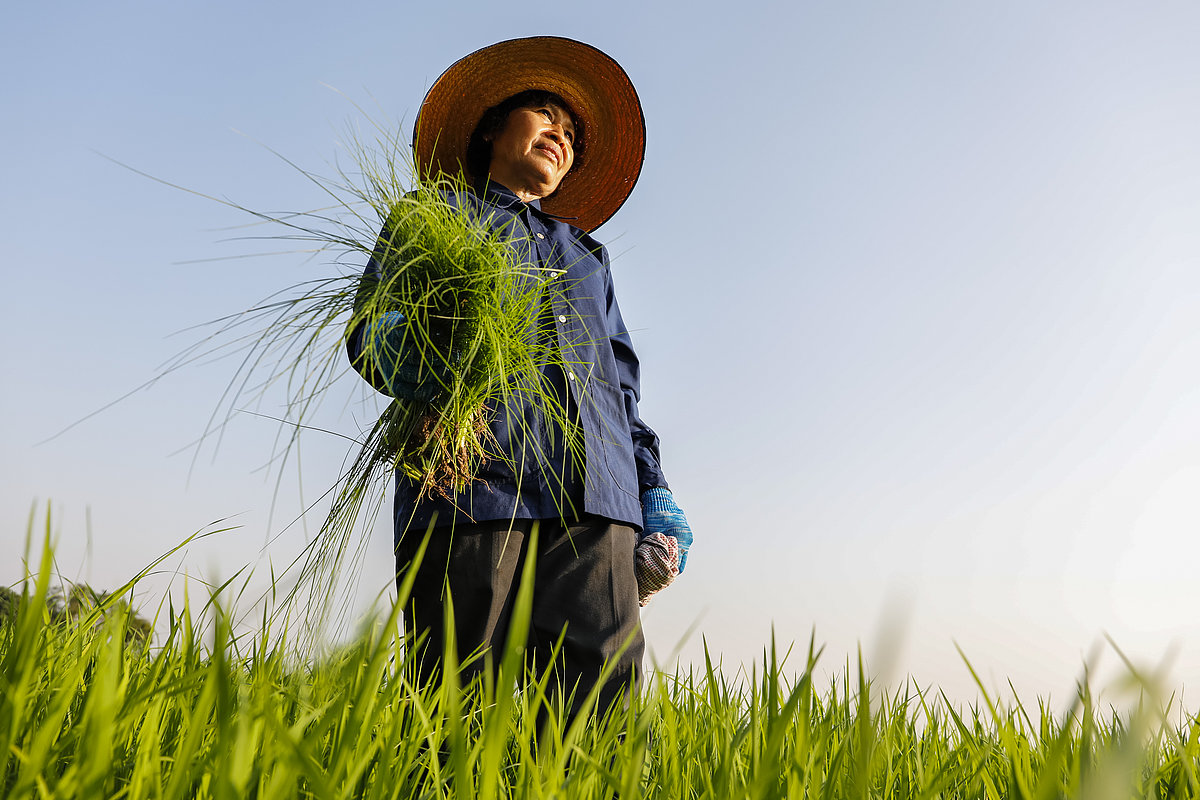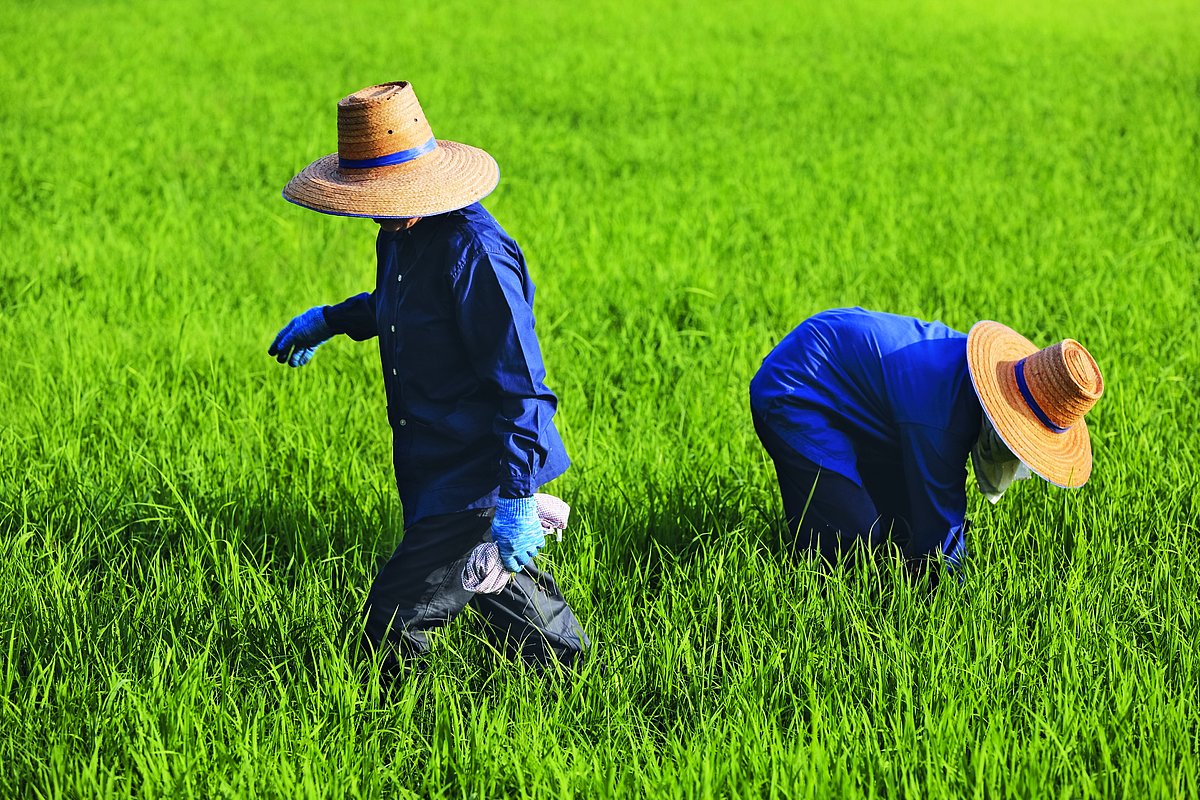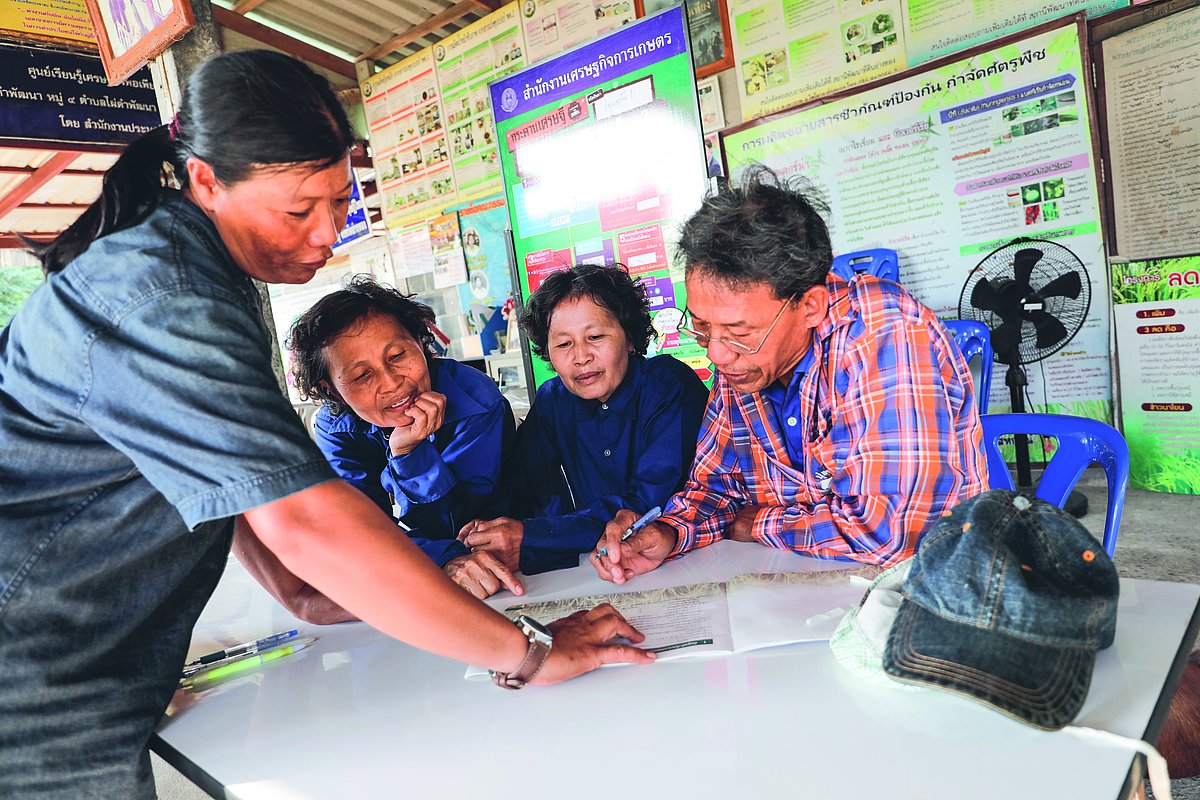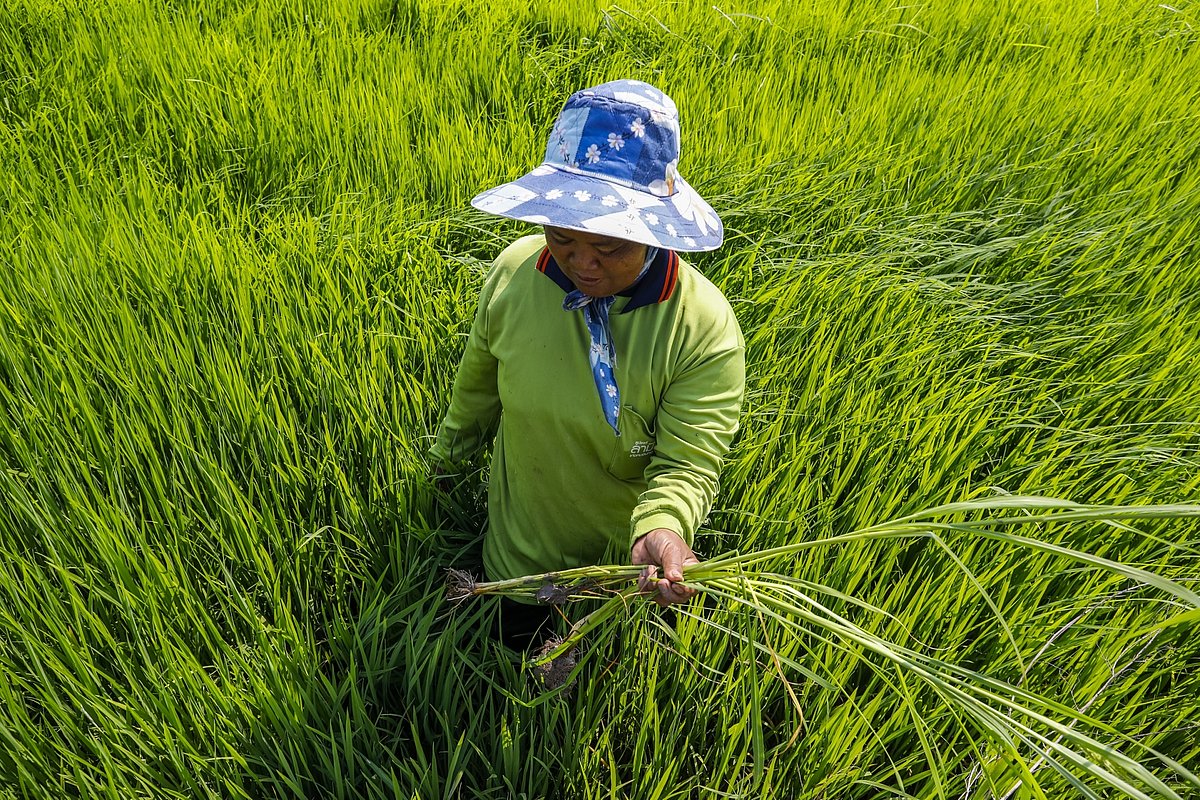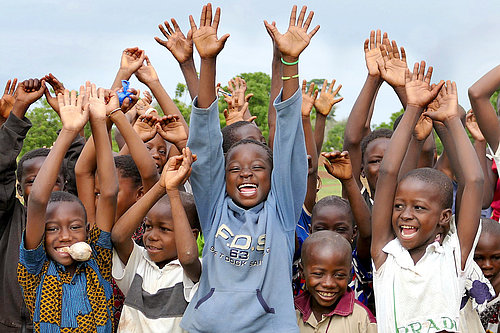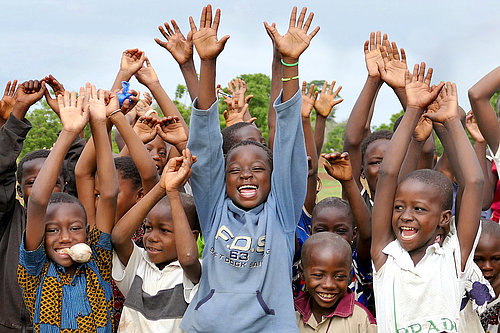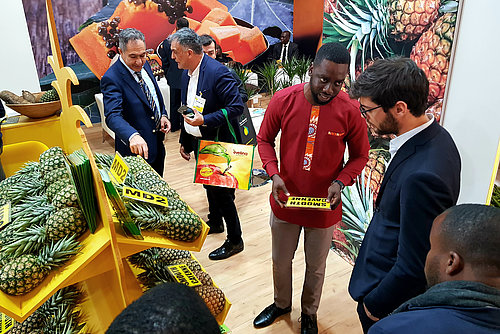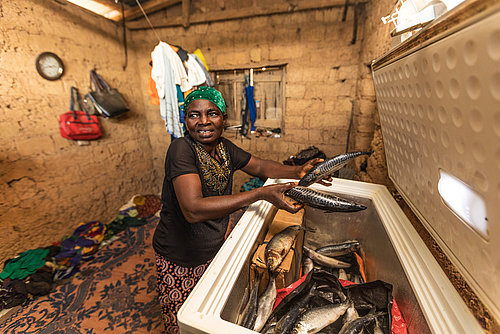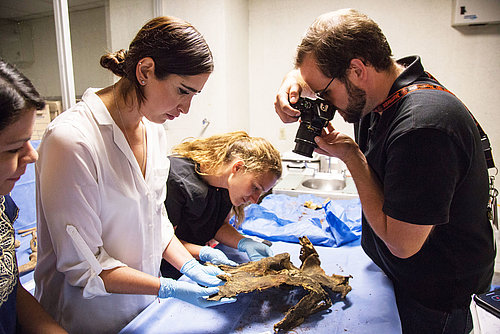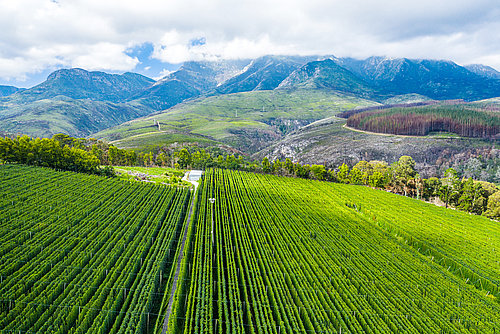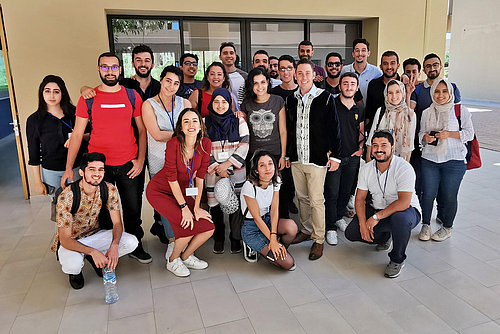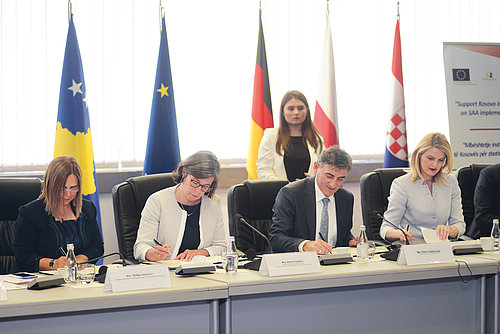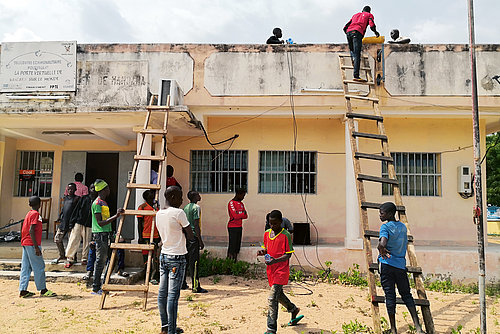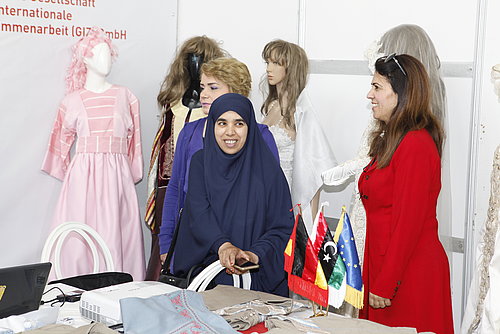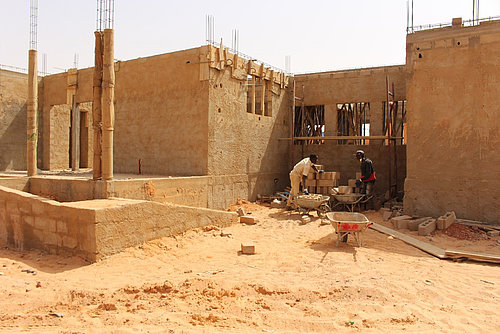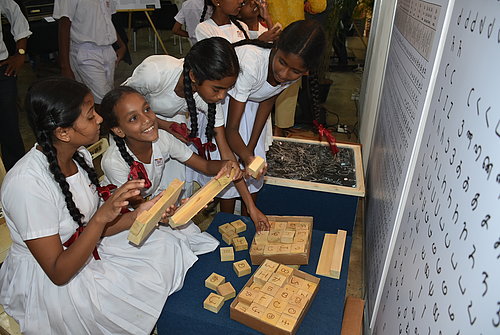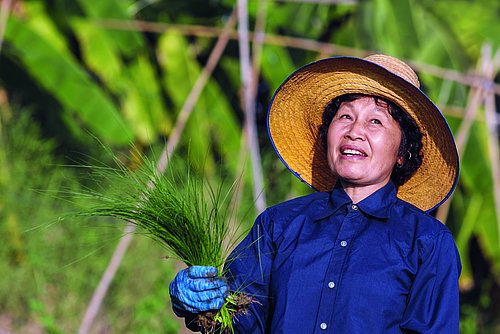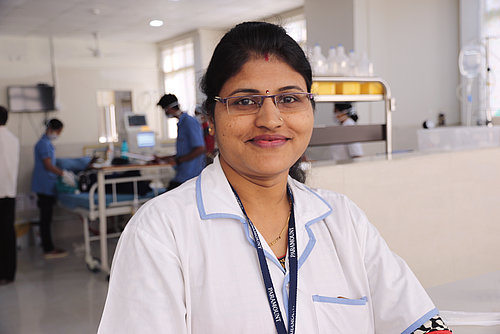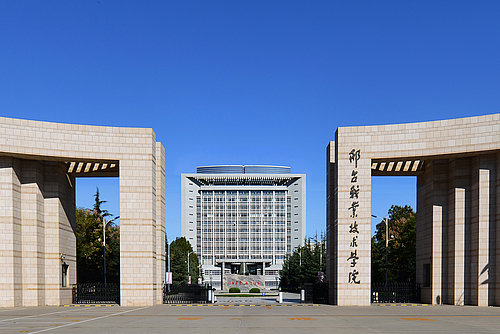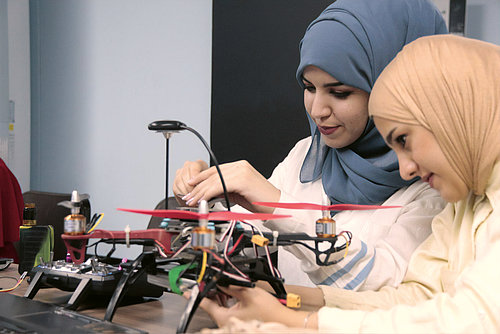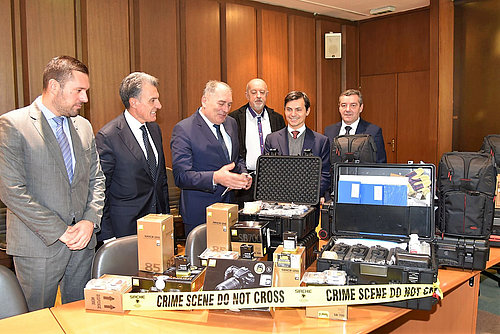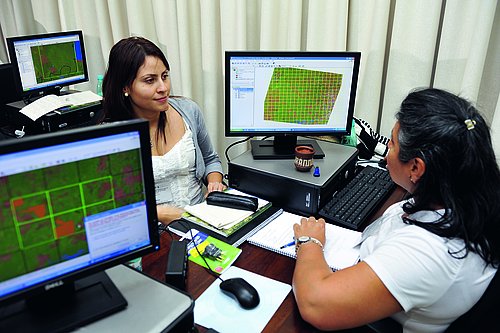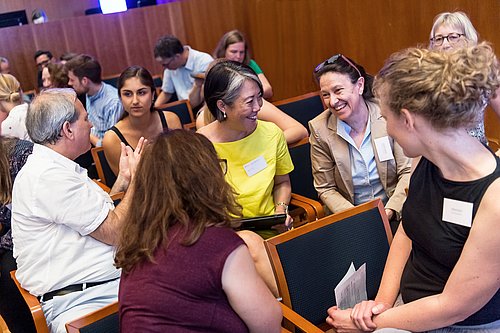There are two sides to the rice crop: growing and selling this important foodstuff provides income to safeguard the livelihoods of millions of people. At the same time, growing rice is a resource-intensive process and contributes to climate change. Rice production is responsible for 10 per cent of global methane gas emissions, which are especially harmful to the climate. Furthermore, many farmers are themselves suffering from the effects of global warming, such as droughts and rising sea levels.
In order to improve the environmental footprint of rice and crop yields, the United Nations Environment Programme founded the Sustainable Rice Platform (SRP) with the help of the International Rice Research Institute and GIZ almost a decade ago. On behalf of the German Development Ministry and the German Environment Ministry, GIZ supports this work.The alliance has more than 100 member organisations, including international companies and civil society associations. Their joint goal is to promote sustainable rice cultivation around the world. SRP has developed global standards to this end.
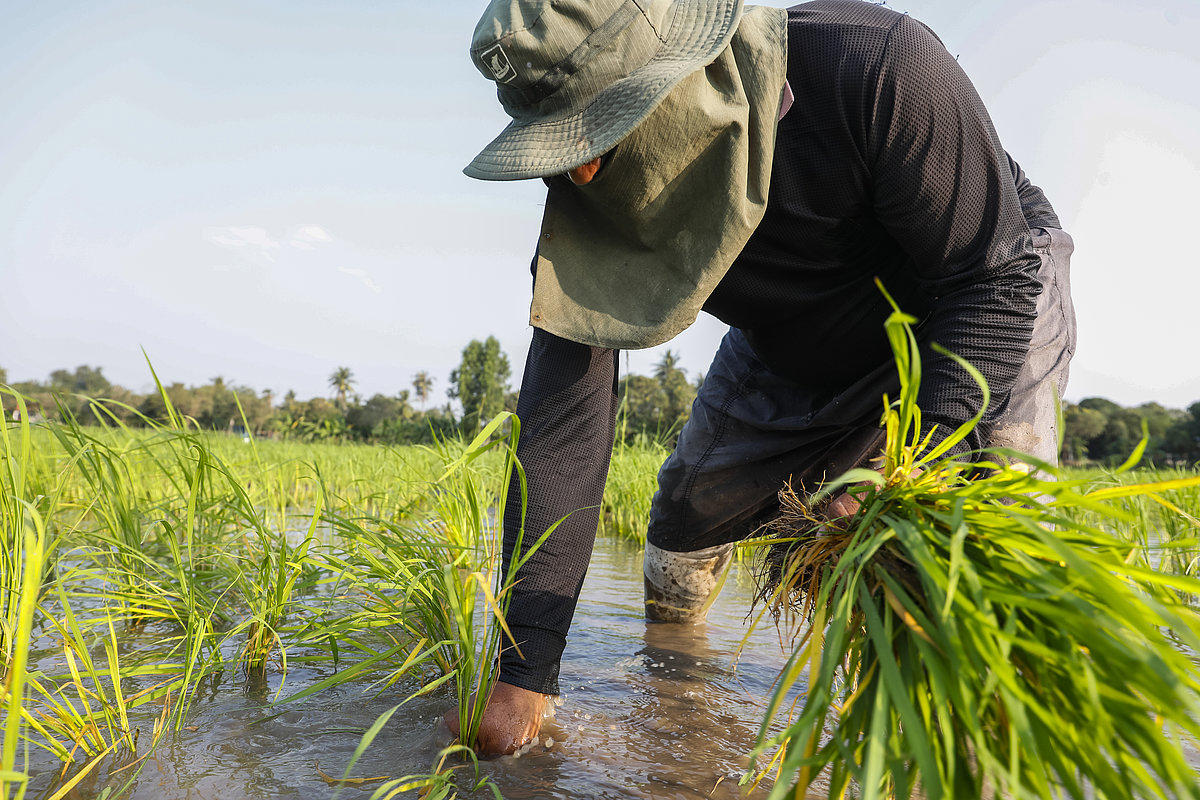
How the platform is making rice farming more sustainable worldwide
Smallholders around the globe are receiving training, for instance on alternating wet and dry cultivation periods and reducing pesticide use. Some 215,000 farmers in 20 countries had benefited and gradually changed their cultivation practices by 2019. In some instances, they halved their greenhouse gas emissions and raised their income by at least 10 per cent. This combination is critical as the sustainable agricultural transition will only succeed for rice growers if their quality of life also improves. This is already evident: the alliance is working, and the food industry is on board too. For instance, MARS Food, which includes the Uncle Ben’s brand, already sources 97 per cent of its rice from enterprises complying with the SRP standard.
‘The rice sector is critical to achieving the Sustainable Development Goals: this foodstuff already feeds half of humankind and creates income for more than 140 million farmers, many of them women living on the poverty line.’
Matthias Bickel, Chairperson of SRP and coordinator of GIZ Thailand’s Food and Agriculture Cluster
Innovative standards that can be implemented internationally
The approach taken by the platform is having a global impact, with positive effects evident in countries like Thailand. Around one quarter of the rice traded around the globe comes from this South-East Asian country. GIZ is carrying out several projects on behalf of the German Development Ministry and the German Environment Ministry with the wholesale trader Olam International from Singapore and the Thai Government in order to strengthen sustainable rice growing there. In 2016, the world’s first rice grown using sustainable practices was harvested in the eastern province of Ubon Ratchathani. This comprehensive SRP standard governs various elements of rice production from seed, fertiliser and pesticides to the use of protective gloves. It even addresses school attendance by rice farmers’ children. Farmers achieved a 25 per cent increase in profits on average by using less seed, less fertiliser and less pesticide. They also cut greenhouse gas emissions by up to 50 per cent and water consumption by one fifth. And rice quality is so good that these grains were recognised by the Thai Government as the ‘best rice in the country’ in 2018.
How a standard is developed
Developing a standard is a complex process that takes several years. Particular attention is paid to including the farmers themselves – as happened when developing the SRP rice standard. A first practical field test took place in 2015. The SRP team reviewed a pilot standard under varying environmental conditions for one or two growing seasons. A review process
followed in 2017 to 2018 when this first version was checked to make sure it was comprehensible and easy to implement. A second version was published in 2019 and a revision in 2020. The next review is scheduled for 2022. A data-based analysis using the SRP performance indicators reveals that adopting the standard with its 41 rice-growing requirements is worthwhile. Farmers document their results in a diary.
GRI standard 201-2; UNGC 7
Insights into our projects in 2019
We are active in some 120 countries with 1,600 projects.
Discover the world of GIZ by learning about examples of projects undertaken in the 2019 reporting year.
We are active in some 120 countries with 1,600 projects.
Discover the world of GIZ by learning about examples of projects undertaken in the 2019 reporting year.
Are you interested in other GIZ projects?
